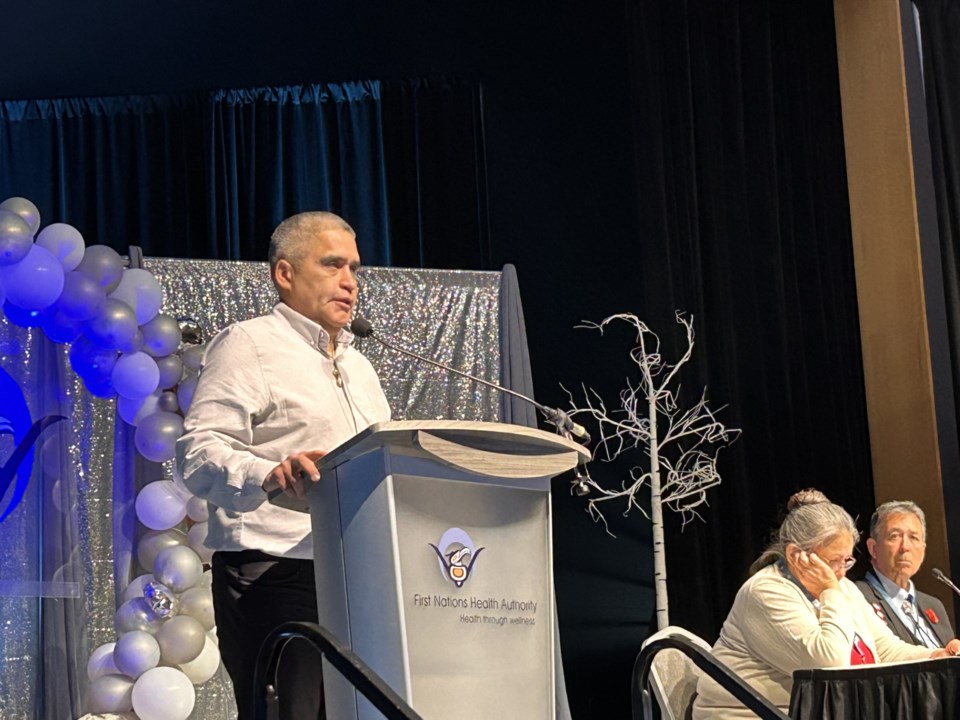The First Nations Health Authority (FNHA) has announced it is investing to support outreach work among northern First Nations community members living in Vancouver’s downtown eastside.
FNHA will be funding a position with the All Nations Outreach Society, which works to provide outreach and peer support for Indigenous people struggling with substance use, mental health and homelessness in Vancouver’s Downtown East Side (DTES).
“We’re funding a position for the next two years because we have had many families that have come to us and asked us ‘how can I get a hold of my family member, I haven’t heard from them’ and so we are trying to help our communities be able to reach in,” said FNHA vice-president of regional operations Julie Morrison.
“This is the beginning of our strategy on the toxic drug crisis so much more will come as we go through all of the data, the information has been shared back to us that this is just our initial step in trying to provide support to our families that are worried in missing a loved one on the downtown eastside.”
All Nations Outreach Society started with James Harry from the Haisla Nation, who is a former addict that began working to get other Haisla members off the streets of the downtown eastside and into treatment.
After seeking treatment and becoming sober in 2014, he began offering support to other Haisla members in the DTES in 2017 and soon after became Haisla Nation’s first urban outreach worker.
“10 years ago I was in an alley in the downtown eastside and nine years ago my wife and I decided to change our lives and in doing so we got the trust of our kids back and the trust of our community,” said Harry.
“Six years ago my nation Haisla nation, trusted me to oversee and look over our people in the downtown eastside,” he said explaining the program was initially just supposed to be a six-month pilot project.
“So six years ago, the very first day in the downtown eastside. I got a call from a distraught mother who said my daughter's down there, please find her. So, I do my best and luckily, within two hours, I found her.”
He said he helped the young woman call her mother and get her into treatment.
“After dropping her off at detox…what I saw was our people, not just our people but all our First Nations down there and are suffering and are struggling lost and disconnected from their communities. That's where the vision came in with that beautiful moment with that young lady.”




